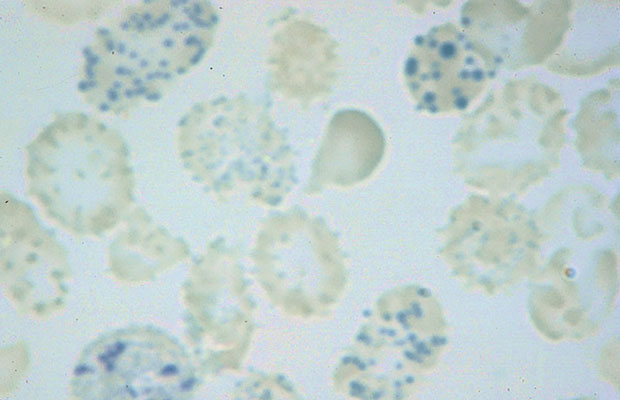Latest updates on ACP's priorities, initiatives
ACP Spotlight offers readers a look at ACP's current top priorities and initiatives, as well as highlights from our e-newsletter, I.M. Matters Weekly from ACP.
Physician peer coaching service now available for ACP members
ACP has launched a career and professional development coaching service for ACP members that provides customized coaching from physicians with an in-depth understanding of the health care landscape. Those looking to take the next step in their career can become an ACP-trained Physician Peer Coach.
ACP joins others in awarding grants to support diversity, equity, and inclusion

ACP, the Alliance for Academic Internal Medicine, the American Board of Internal Medicine, the ABIM Foundation, and the Gordon and Betty Moore Foundation awarded a total of $400,000 in grants to 15 medical schools and health systems across the United States to enhance medical education and build a more trustworthy health system.
Grants range from $10,000 to $40,000 based on a program's scope. All support interprofessional projects led by internal medicine residents, fellows, and faculty that focus on improving trust and advancing health equity. Of the total funding, $100,000 is dedicated to projects focused on enhancing diagnostic excellence and health equity.
Some 2024 projects funded by the Building Trust Through Diversity, Equity, Inclusion, and Diagnostic Excellence in Internal Medicine Training grant program include the following:
- Alameda Health System–Highland Hospital is developing a home visit curriculum to deepen residents' understanding of social determinants of health impacting their communities.
- The University of Chicago is conducting studies on physician notes and clinical outcomes and facilitating patient focus groups to create an evidence-based curriculum addressing clinician bias toward patients with sickle cell disease.
- Vanderbilt University Medical Center is creating medical simulation training to improve health care professionals' competency in providing inclusive care to LGBTQ+ patients and testing guidelines for supporting transgender and gender-diverse patients.
New ACP paper reviews performance measures for pain management
A review of performance measures designed to evaluate the quality of care for pain found that three of six measures relevant to internal medicine physicians, two to assess appropriate opioid use and one evaluating the overuse of imaging for low back pain, were valid. ACP's findings, detailed in “Quality Indicators for Pain in Adults: A Review of Performance Measures,” were published by Annals of Internal Medicine on Sept. 24. The paper also addresses the gap in acute pain management measures by proposing a quality measure concept aligning with a clinical guideline put out by ACP and the American Academy of Family Physicians in January 2020.
More information about ACP's work on performance measures is online.
ACP announces 2024-2025 recipients of Mastership and national awards
The Board of Regents recently approved the 2024-2025 recipients of Mastership and national awards. If you would like to personally congratulate any of the new awardees or MACPs, please contact John Haefele.
Internal medicine physicians celebrated on KevinMD
In a recent article and podcast on KevinMD, Janet Jokela, MD, MPH, MACP, ACP Treasurer, recalled her residency at Boston City Hospital and recognized internal medicine physicians as valued medical educators and health system leaders. Interested readers can visit ACP's dedicated KevinMD page to read and listen to all recent articles and podcasts from ACP contributors.
ICYMI: Highlights from I.M. Matters Weekly
- Statin therapy alone does not appear to increase diabetes risk in patients with HIV. An analysis of data from a global randomized trial found that statin treatment affected risk for new-onset diabetes primarily among patients with HIV who had multiple metabolic risk factors. The study was published Oct. 8 by Annals of Internal Medicine and summarized in the Oct. 8 I.M. Matters Weekly from ACP.
- Women less likely to receive guideline-directed medical therapy after ischemic stroke. A U.S. study found that statin, antihypertensive, and anticoagulant prescriptions within 30 days of discharge were less common in women than in men, and women were less likely to be adherent to statins and antihypertensive treatments at one year. The study was published Oct. 1 by Stroke and summarized in the Oct. 8 I.M. Matters Weekly from ACP.





